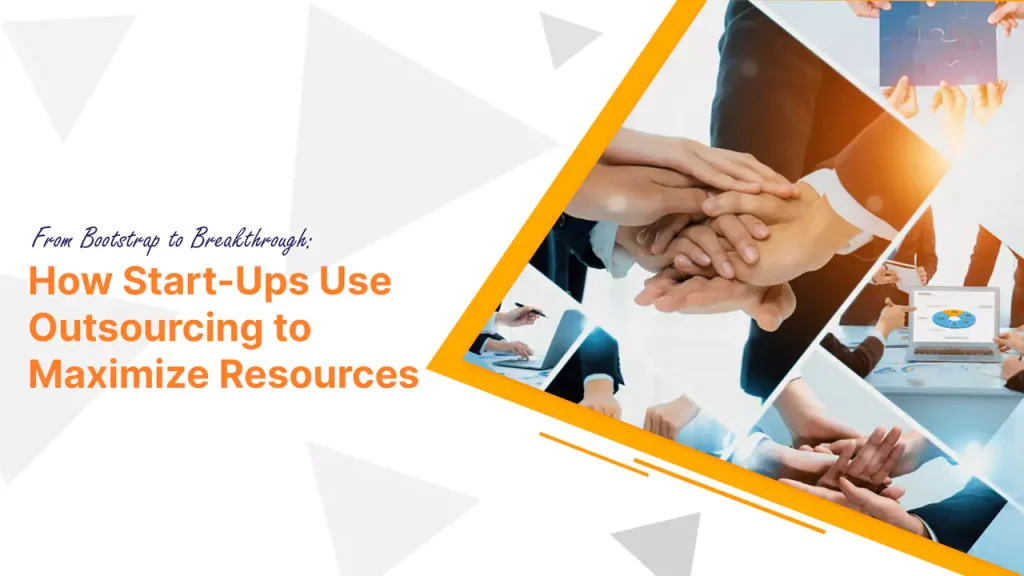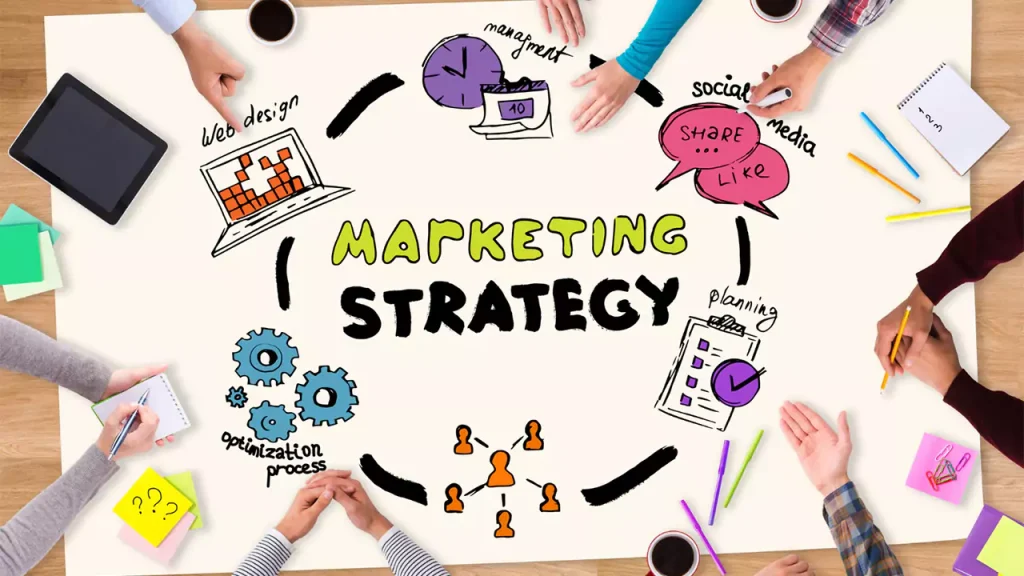How To Be Successful in Export-Import Business
Table of Contents
- Explaining the Basics
- How To Build a Successful Trade Enterprise
- Research is Vital
- Should You Import as an Individual or a Business?
- Your Team Determines Your Output
- Comply with Standards and Regulations
- Exporting and Importing K-1 Data Between Business and Individual
- Options for Entering the Import-Export Business
- Prioritize Marketing
- Digital Marketing Trends for Import-Export Businesses
- Conclusion
- FAQs
The West records a history of import and export business dating back to the Roman Empire when European and Asian traders dominated the industry. Today, it remains a booming market, with the World Bank recording a total value of 25 million exports across 238 countries as of 2022.
For an industry that has lasted centuries, it’s only natural that the competition is high. But millions have succeeded in the industry, and blueprints to these successes are all over the internet. Below, we’ve compiled the most practicable steps to excelling in this market, even for a beginner.
Explaining the Basics

The import and export business is about connecting global audiences to foreign goods and services. The end goal is to connect the right product to its audiences, buy at a lower rate, and sell higher for profits. However, on a broader scale, the dynamics are much more complex than this.
For one, this industry is a web of businesses and individuals that handle sales, distribution, and delivery across countries. There are so many responsibilities and processes to consider, such as manufacturing, supply, merchants and agents, customs, legal procedure compliance, and obtaining the necessary documents.
If you’re starting out, the first step should be understanding the foundations of international relations, global finance, and business. This expertise doesn’t necessarily have to be a college degree; there are tons of online courses you can take to understand the basics. Also, the news and history books are excellent self-study resources; you can easily find these in your local library. The information gathered should provide you with an idea of the hoops and loops involved in buying or selling a product outside your home country.
How To Build a Successful Trade Enterprise

Research is Vital
Every great idea is backed by proper market research, and the reality is not different for this industry. Your research should go into the types of products in demand, the country and exchange rates, competition, regulatory requirements, and cultural considerations.
For example, if you’re trading in the Eurozone and the United States, then you should know as much as possible about the EUR-USD currency pair movements. A positive change in home exchange rates could make your exports more expensive or imports less expensive, and vice versa.
At the same time, country regulations and policies also matter because stronger open trade policies potentially make things easier. The reverse could also be the case. A typical example of such a scenario is the trade difficulties in Russia’s trade system following the pressure of the United States on its financial sector and foreign partners. Always keep an eye out for economic news and events.
Should You Import as an Individual or a Business?
When entering the import-export business, you have the option to operate either as an individual or a registered business. This decision depends on your goals, scale, and resources.
- As an Individual: Importing as an individual might be easier initially, especially if you’re starting small. However, you will face limitations in terms of liability, tax benefits, and access to larger partnerships.
- As a Business: Operating as a business offers legal protection and access to larger trade volumes. A registered business can also take advantage of various tax deductions and incentives, which can significantly reduce operational costs. However, you will face limitations in terms of liability, tax benefits, and access to larger partnerships.
The structure you choose will dictate your financial obligations and the resources available to you, so carefully assess your needs before proceeding.
Your Team Determines Your Output

The people handling your business will make or mar your results. Why? Their experiences reflect directly on your processes. Prioritize recruiting the best professionals to handle logistics, legal papers, customer relations, and every other important aspect of your business.
A well-rounded team will also come in handy during challenging times. They are solution-oriented and can offer practical tips for constantly improving performance. Your trade partners also apply here. Strong partnerships with reliable suppliers, distributors, and logistics providers are essential for smooth operations and long-term growth.
Comply with Standards and Regulations
Every country has its own trade laws and regulations, which govern everything from customs procedures to taxes and duties. It’s essential to be familiar with these rules to avoid penalties and ensure smooth cross-border transactions.
For example, if you’re in the U.S., the U.S. Customs and Border Protection (CBP) provides guidelines on trade standards, duties, taxes, and fees. If you operate outside the U.S., you’ll need to research the specific regulations relevant to your location and trading partners.
Failure to comply with these standards can result in delays, fines, or even the confiscation of goods, so staying up-to-date with relevant laws is critical for success.
Exporting and Importing K-1 Data Between Business and Individual
For businesses structured as partnerships, managing tax documentation correctly is essential, especially when dealing with import and export transactions. K-1 forms, which detail income distributions among partners, must be properly handled to ensure compliance with tax laws.
Understanding how K-1 data impacts your tax obligations is crucial when operating internationally. This helps prevent costly mistakes and ensures your business remains compliant with both local and international tax regulations. If your business has a complex tax structure, consulting a professional can help navigate the intricacies of cross-border taxation.
Options for Entering the Import-Export Business
While many entrepreneurs start their import-export business from the ground up, buying an established business is another viable option. Purchasing an existing business provides immediate access to a customer base, established suppliers, and existing infrastructure.
However, it’s important to conduct thorough due diligence before making a purchase. Ensure the business is financially stable, has an established market reputation, and complies with all relevant trade regulations. A well-established company can give you a head start, but make sure it aligns with your long-term goals.
Prioritize Marketing
A strong marketing strategy is essential for promoting your import-export business. In today’s digital world, video marketing has proven to be one of the most effective ways to engage customers. With 91% of businesses using video marketing in 2023, it’s clear that visual content is key to brand recognition and customer engagement.
Moreover, businesses that nurture leads through inbound marketing experience 50% more sales on average. As an import-export business, you should prioritize digital marketing efforts to increase awareness, attract new clients, and drive sales.
Digital Marketing Trends for Import-Export Businesses
Focus on building a strong online presence through content marketing, search engine optimization (SEO), and paid advertising. Platforms like social media, YouTube, and LinkedIn can help you reach global audiences and establish your brand as a trustworthy player in international trade.
Conclusion
Success in the import-export business requires thorough research, strategic planning, and staying compliant with international regulations. Whether starting from scratch or buying an established business, understanding the market and building strong partnerships is key. Embrace digital marketing and stay updated on industry trends to stand out. With dedication and the right approach, you can build a thriving and sustainable import-export business.
FAQs
Which export business is most profitable?
Some of the most profitable export businesses include oil and gas, automobiles, leather goods, and packaging manufacturing. These industries have high demand and strong profit margins. Success in these sectors depends on global market trends and efficient operations.
What are the rules for export and import?
To legally engage in export-import, you must obtain the necessary licenses, ensure compliance with customs regulations, and pay taxes and duties. Customs clearance is essential to avoid delays and penalties. Staying informed about the latest trade laws is key to success.
What are prohibited goods?
Prohibited goods include narcotics, habit-forming drugs, and other illegal substances. These items cannot be traded internationally due to their harmful effects. Understanding the regulations around banned products is crucial for avoiding legal issues.
What are the risks involved in import-export business?
Risks include currency fluctuations, shipping delays, political instability, and regulatory changes. Proper risk management strategies, including insurance and diversifying suppliers, can help minimize these challenges.
Do I need an import-export license?
Yes, most countries require businesses to have an import-export license to legally trade goods across borders. Check with local authorities or government websites for the specific requirements in your region.













